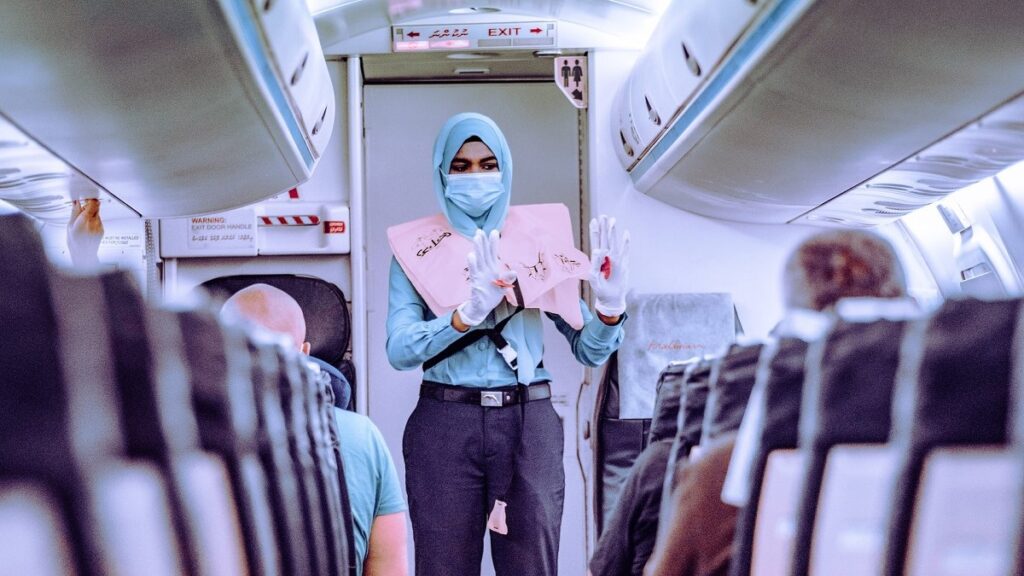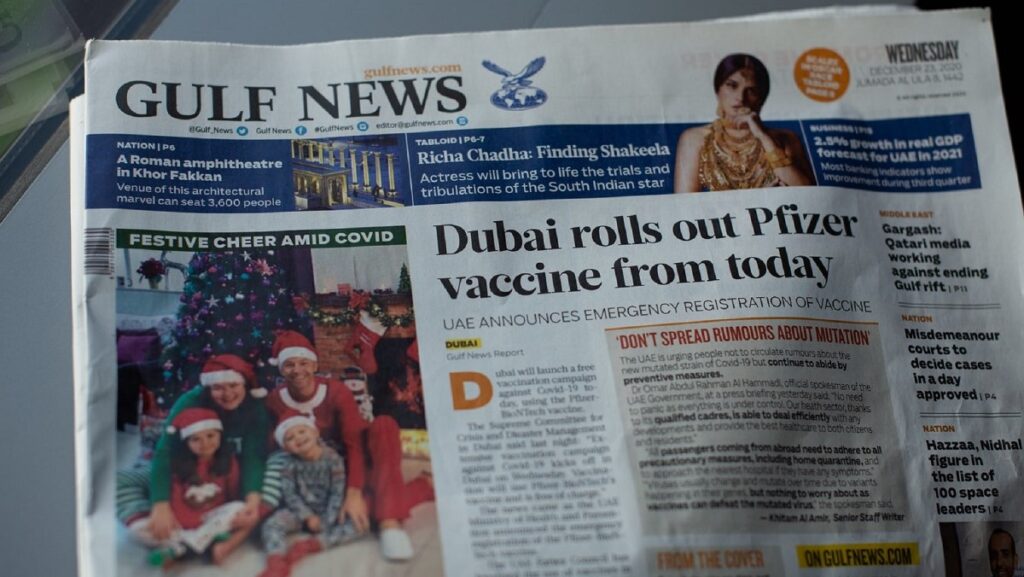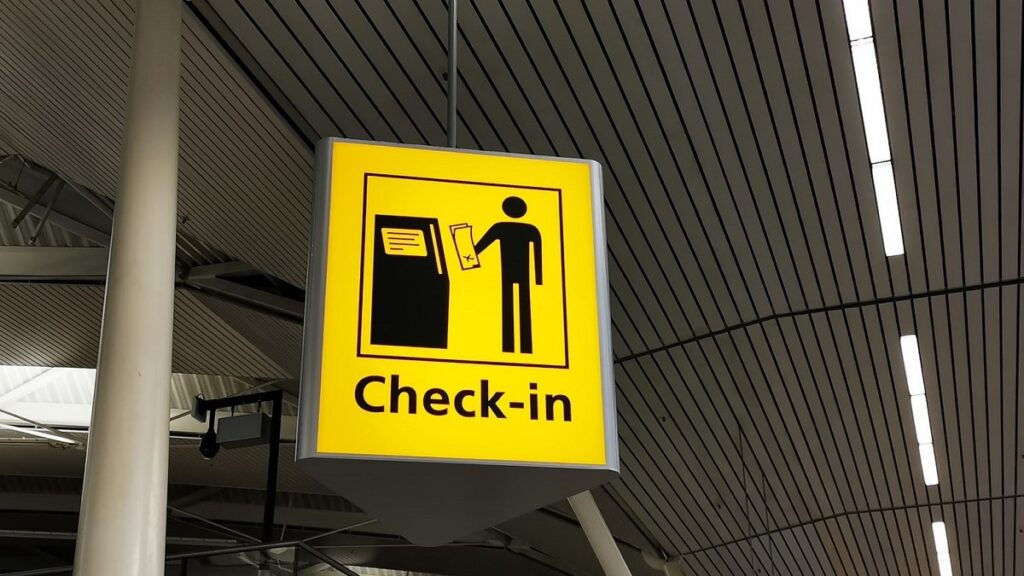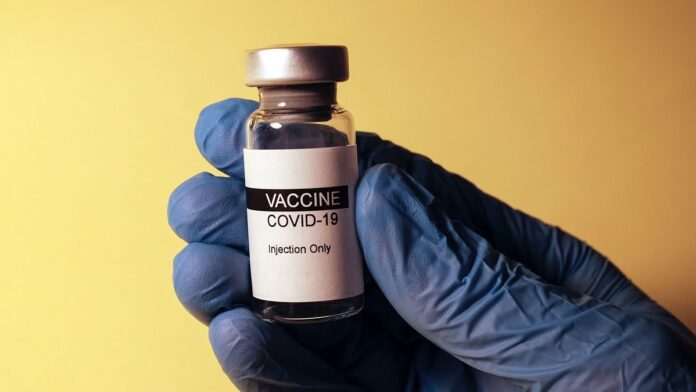When we first heard of the new COVID-19 vaccine (or vaccines, depending on where you are), one of the first thoughts was ‘Good it will save lives‘ followed almost immediately by ‘Does this mean we can travel again?‘.
Don’t get me wrong safety and everyone’s well-being should come first, but we all really need to travel. So, we have to ask ourselves, does this COVID-19 vaccine mean that travel can get back to normal or at least, a semblance of normal?

The answer is a bit more complicated than just saying ‘Hell yes, let’s go!’, so it deserves a bit more thought. Also, it depends on what we consider to be normal – is it a completely open global travel ecosystem or are we now just clamouring for less restrictions and no Stay-at-home requirements?
READ MORE: We discuss if we’re ready for travel in the ‘new normal’?
In this article, we do our best to lay out the facts and maybe share some of our insight from myself and those within the Travel Wanderlust community. These are opinions, we advise caution and an objective mind, but we also welcome your opinions, comments and more because we are an open community for all travellers.
What is the COVID-19 vaccine?

Well, this already gets off to an interesting start. There are quite a few vaccines in the market right now and deployment has already started around the world. Depending on where you are, you have access to specific brands and variants. Based on the information we have now (9 February 2021), these are the current vaccines in the market:
- The Pfizer-BioNTech vaccine, which was found to be 90% effective in preventing COVID-19
- The Moderna COVID-19 vaccine, which has approval in certain markets
- The Oxford Uni AstraZeneca vaccine, which has seen trials suspended in South Africa
- COVID-19 Sputnik V, Russia’s vaccine, which has been shown to be effective
- The Valneva vaccine has seen strong demand in the UK
- Both the Janssen and Novavax vaccine are currently being assessed
Vaccination passports aren’t new
Unless you’ve travelled extensively in Africa, you may not know that a vaccination passport isn’t exactly new. The “International Certificate of Vaccination or Prophylaxis” or ‘yellow card’ as it is more commonly known, which is approved by the World Health Organization, is required for entry into 17 countries in Africa like Ghana. It is to state that you, the traveller, has been inoculated against yellow fever.
The problem is that how do we make that relevant for a global travel ecosystem that’s recognised and secure worldwide?
Technology plays a role

We need to start considering the role of technology in improving this situation. The ‘yellow card’ is an analog version of what we need, but it is unlikely to be sufficient for a global solution.
Hundreds of millions of travellers need a solution that fits every single country that wants to open up and should be able to access authorised vaccination records to verify information. This sounds easy when we think about it in a local standpoint, but as a global community we can barely agree on units of measurement (grams vs pounds, inches vs cm), so how will the entire world agree to a single system of verification and a global database of vaccination information.
So while it is theoretically possible, should it actually happen?
Is our data safe?
Well, as we all value our privacy, are we OK with sharing medical information along with our personal data to a single database that will be accessible worldwide. Are we, a population driven by paranoia about whether Facebook knows our secret or is our Google Home listening to our conversation, completely OK with a global database that has all our information.
It has been to be kept in mind that the data isn’t just our vaccination records, it needs to be matched to our personal details and correlate to our actual passport. As the roll-out of the COVID-19 vaccine in different countries goes on, do we have the capability of developing a global vaccine passport and then we answer the question ‘Do we want to?’.
A potential solution might be in a travel bubble that we have discussed before. If we created smaller, more manageable areas and groups, it might be possible to implement vaccine visas. However, this just reduces the scope and reach of the problem, rather than solving it completely.
What do you think about a COVID-19 vaccine passport? Do you think it has potential to fast track the opening of borders, or we living in hope, only to be disappointed. We want to hear what you think in the comments or drop us an email to share your thoughts.


This is still a question though, there are so many possibilities and people are still hesitant to take the vaccine.
This piece of writing is in fact a good one it helps new net users, who are wishing in favor of blogging. Lianna Shaughn Grega
Thank you for the sensible critique. Me & my neighbor were just preparing to do some research on this. We got a grab a book from our local library but I think I learned more clear from this post. I am very glad to see such magnificent information being shared freely out there. Peggie Gray Herold